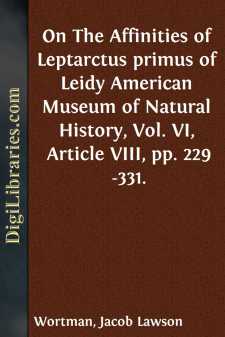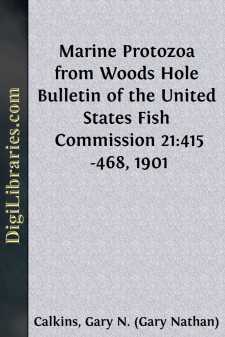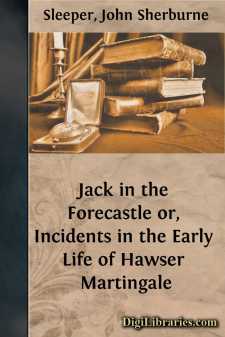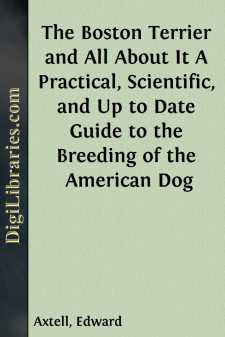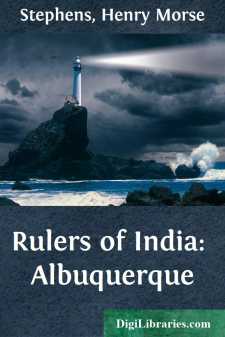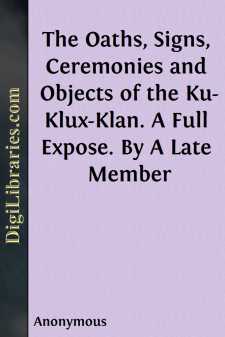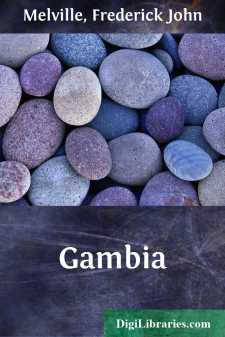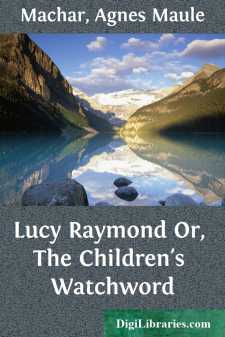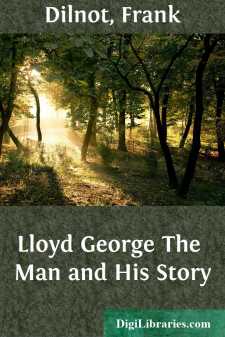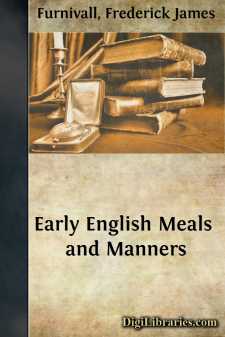Non-Classifiable
- Non-Classifiable 1768
Non-Classifiable Books
Sort by:
Up to the present time but very little has been known of the existence of the peculiarly American family Procyonidæ in any deposits older than the very latest Quaternary. Leidy has described and figured an isolated last upper tooth, from the Loup Fork deposits of Nebraska, under the name of Leptarctus primus, which has been referred to this family. The Museum Expedition of last year into this region...
more...
Genus AMŒBA Auct. The pseudopodia are lobose, sometimes absent, the body then progressing by a flowing movement; the body consists of ectoplasm and endoplasm, the latter being granular and internal, the former hyaline and external. There is always one nucleus and one vacuole, but both may be more numerous. Reproduction takes place by division or by spore-formation. Fresh-water and marine. Fig. 1.—...
more...
Chapter I. FAREWELL TO NEW ENGLAND I was born towards the close of the last century, in a village pleasantly situated on the banks of the Merrimack, in Massachusetts. For the satisfaction of the curious, and the edification of the genealogist, I will state that my ancestors came to this country from England in the middle of the seventeenth century. Why they left their native land to seek an asylum on...
more...
by:
Edward Axtell
CHAPTER I. THE BOSTON TERRIER. Who and what is this little dog that has forced his way by leaps and bounds from Boston town to the uttermost parts of this grand country, from the broad Atlantic to the Golden Gate, and from the Canadian border to the Gulf of Mexico? Nay, not content with this, but has overrun the imaginary borders north and south until he is fast becoming as great a favorite on the...
more...
PREFACE Affonso de Albuquerque was the first European since Alexander the Great who dreamed of establishing an empire in India, or rather in Asia, governed from Europe. The period in which he fought and ruled in the East is one of entrancing interest and great historical importance, and deserves more attention than it has received from the English people, as the present ruling race in India. Dr. A. C....
more...
by:
Anonymous
PERSONAL. It does not matter who is the writer of the following pages. If it did, no inducement likely to be offered, would tempt him to publish his name. He has no desire to be tracked out by the Brothers of the Southern Cross, and he knows too much of their deathless hatred and hound-like pertinacity, their numbers, and the ramifications of their organization, already encroaching on southern Ohio,...
more...
The Colony and Its Posts. he British West African possession known as the Colony and Protectorate of the Gambia occupies a narrow strip of territory (averaging 12 miles in width) on both sides of the Gambia river. The territory comprises the settlement of St. Mary, where the capital—Bathurst—is situated, British Cambo, Albreda, M'Carthy's Island and the Ceded Mile, a protectorate over a...
more...
I. Miss Preston's Last Sunday."Tell me the old, old storyOf unseen things above—Of Jesus and His glory,Of Jesus and His love." he light of a lovely Sabbath afternoon in June lay on the rich green woodlands, still bright with the vivid green of early summer, and sparkled on the broad river, tossed by the breeze into a thousand ripples, that swept past the village of Ashleigh. It would...
more...
by:
Frank Dilnot
FOREWORD Mr. Lloyd George gets a grip on those who read about him, but his personality is far more powerful and fascinating to those who have known the man himself, known him during the time his genius has been forcing him to eminence. He does not fill the eye as a sanctified hero should; he is too vitally human, too affectionate, too bitter, and he has, moreover, springs of humor which bubble up...
more...
In the name of the Father, Son, and Holy Ghost, God keep me! I am an Usher to a Prince, and delight in teaching the inexperienced. It is charitable to teach ignorant youths. If any such won’t learn, give them a toy. One May I went to a forest, and by the Forester’s leave walked in the woodland, where I saw three herds of deer in the sunshine. A young man with a bow was going to stalk them, but I...
more...


